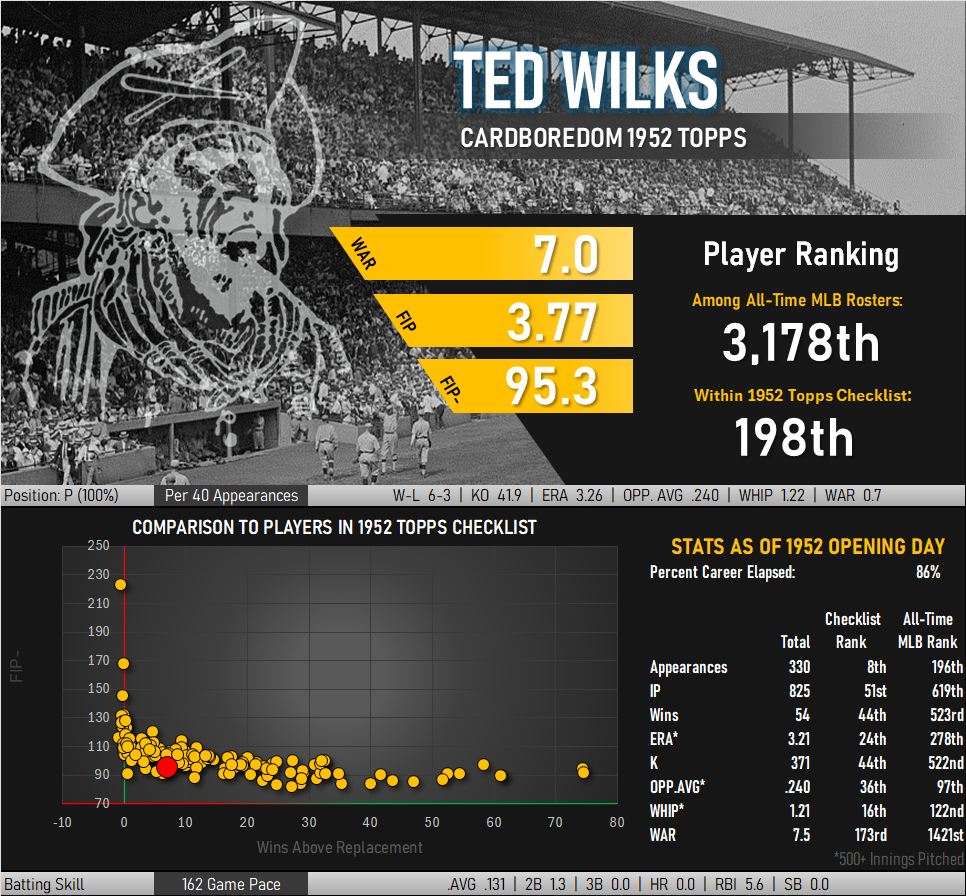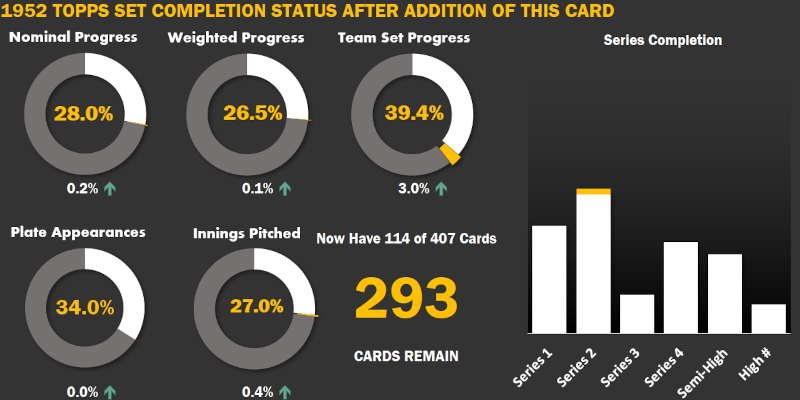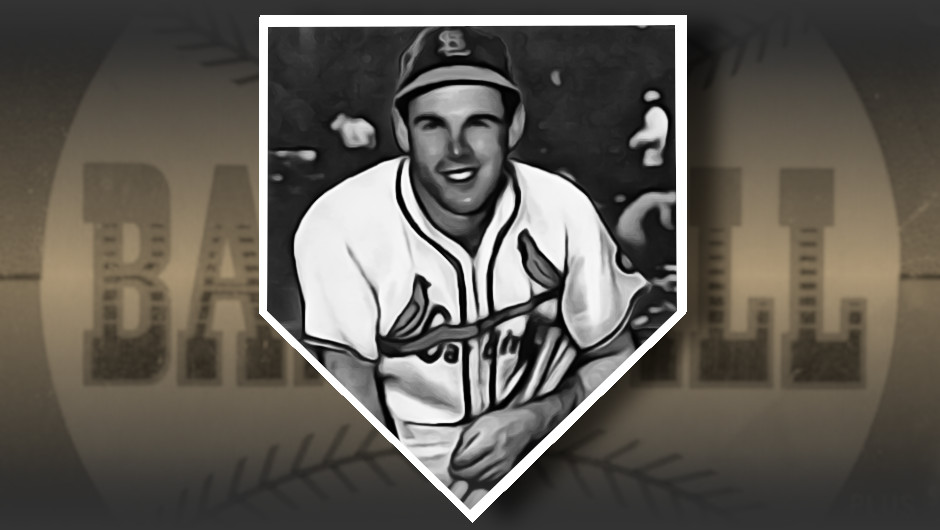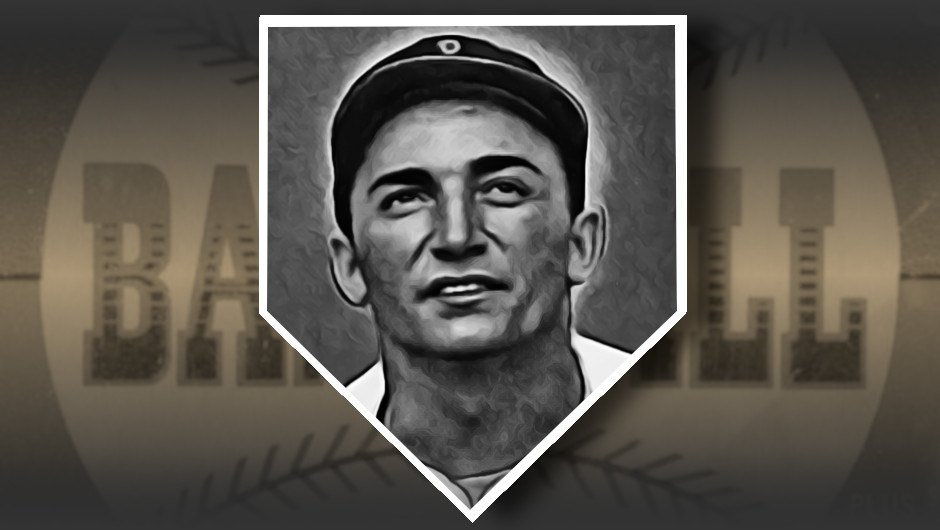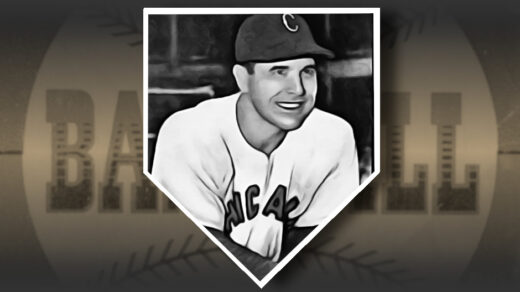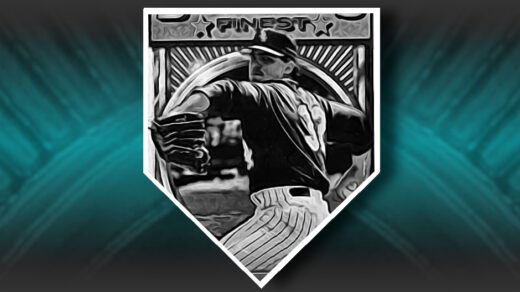The St. Louis Cardinals teams of the late 1940s and early ’50s held constant to a few themes. The first was playing excellent baseball. The team had only posted three losing seasons since the advent of the live ball era and won 3 out of 4 World Series appearances during the 1940s.
Ted Wilks joined an already strong Cardinals team in 1944, completing 15 games in 18 starts on the way to the World Series in his rookie season. Arm trouble derailed his starting role after just a few years and he soon remodeled himself into one of the better relief pitchers of his time. Wilks was durable, appearing in a huge number of games each year while shaking off multiple line drives to the head throughout the 1940s. He appears in the 1952 Topps set as a member of the Pittsburgh Pirates, but is quite clearly wearing a red-trimmed St. Louis jersey in the card photo.
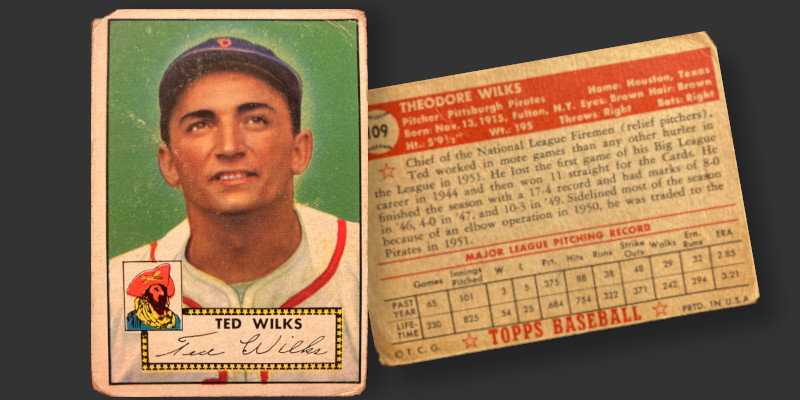
The Cardinals had a contingent of players known for holding onto another theme in this era: Enthusiastically keeping baseball segregated. Wilks was part of this subset of the clubhouse and reportedly was one of the players in favor of refusing to play against Jackie Robinson and Brooklyn Dodgers in 1947. Of course, the Cardinals eventually figured out that only a team that plays a game can win and no players’ strike took effect. The team would not field its first black player until 1954.
The issue resurfaced with Wilks again in 1960 in his role as a pitching coach with the Cleveland Indians. In a scene reminiscent of this era’s National Anthem protests, Cleveland pitcher Mudcat Grant added a line to the anthem commenting that he as a black man wasn’t as free as the lyrics imply. Wilks immediately objected, doing so with a racial slur and referencing lynching as punishment for making such a statement. Grant proceeded to deck Wilks and left the stadium. Wilks apologized (at management request?) but Grant’s building frustration and Wilks’ reputation as a player that intentionally threw at black players led to the apology not being accepted.
Regarding that last item, I found a few scattered references to Wilks having thrown intentionally at black players. They were all similar to the Washington Post article I linked to earlier, saying Wilks had a reputation of doing this but not providing concrete examples. Seeking more on the subject, I looked back at all MLB matchups that featured Wilks on the mound and black player at the plate. Wilks faced 2,124 batters from 1947 (Jackie Robinson’s debut) through 1953 (Wilks’ retirement). Of these, he hit 7 with a pitch for an overall HBP rate of 0.33%. Black players constituted 96 of these encounters, with Wilks only hitting one (1.04% HBP rate vs. 0.30% for white batters).
That doesn’t look good but is also a function of a small sample size. A study published in the Baseball Research Journal concluded black players were more likely to be hit by MLB pitchers as a whole, but did not draw any conclusions about individual players. Wilks did plunk Jackie Robinson, but did so only late in his career (1952) and a half decade removed from Robinson’s debut.
It is possible that part of the reputation attributed to Wilks originated from this incident. It is also possible that batters facing him knew of the welcome his team gave Robinson and remembered being on the receiving end of uncomfortably close brushback pitches. Wilks may have been a touch slow, giving batters just enough time to dive out of the way and stay ouf the HBP stat sheet. Grant reacted the way he did in 1960 because he believed Wilks meant the words that were said.
2024 Update: I found a more detailed description of Wilks’ interaction with Grant as well as his involvement with the Cardinals’ infamous threat to refuse to play against Jackie Robinson. Wilks was, quite simply, an asshole.
